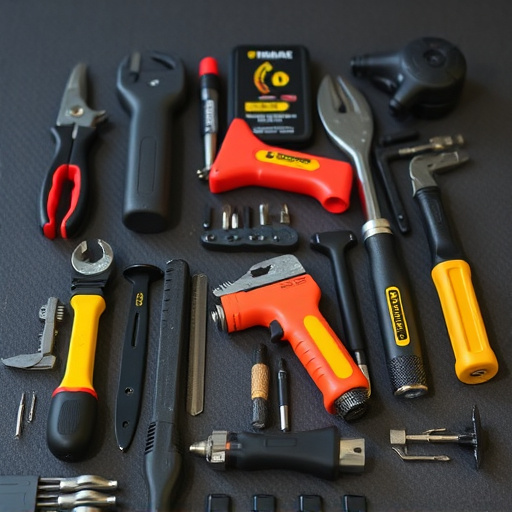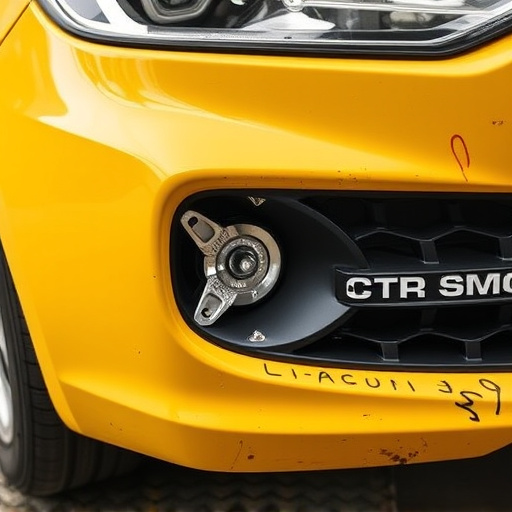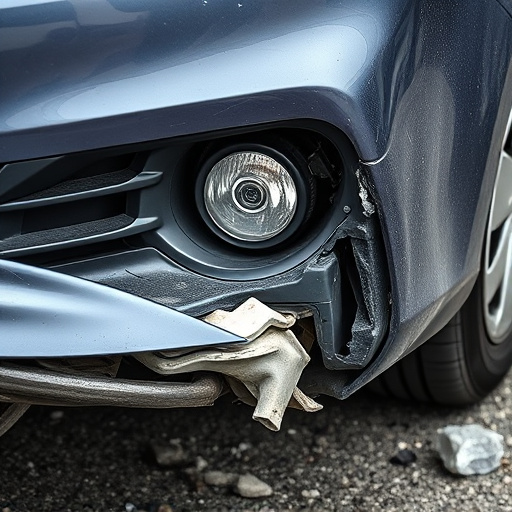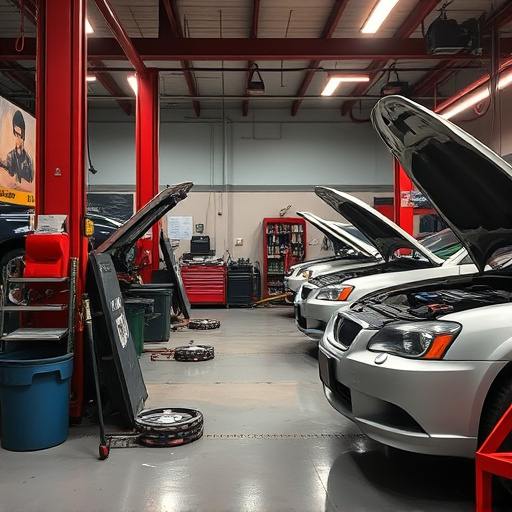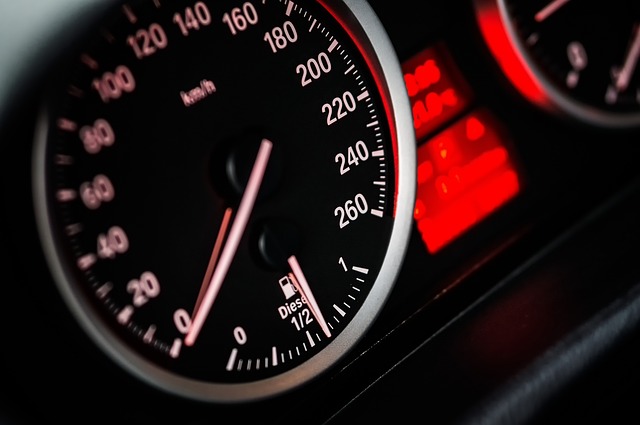Repair performance testing is a rigorous evaluation of car repair shops' restoration work, assessing structural integrity, functionality, and aesthetic appeal. It ensures vehicles meet industry standards and safety regulations, enhancing resale value by documenting high-quality repairs and minimizing evidence of previous incidents. Efficient damage repair techniques and trained technicians optimize this process, boosting market value through thorough care and enhanced vehicle condition.
In today’s competitive automotive market, understanding the link between repair performance testing and resale value is crucial. Repair performance testing, a comprehensive evaluation of a vehicle’s post-repair condition, plays a significant role in maintaining and enhancing a car’s resale worth. This article delves into the intricacies of repair performance testing, explores its direct impact on resale values, and offers strategic insights to optimize both aspects for long-term benefits.
Understanding Repair Performance Testing
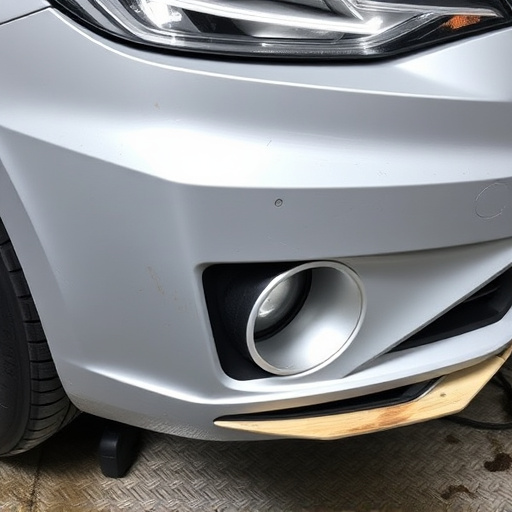
Repair performance testing is a crucial process that evaluates the effectiveness and quality of a car repair shop’s work, particularly focusing on vehicle bodywork restoration. This type of testing goes beyond mere visual inspection by measuring the structural integrity, functionality, and aesthetic appeal of repaired areas in a car or vehicle bodywork. It involves rigorous checks to ensure that all components have been accurately assessed, replaced, or repaired, adhering to industry standards and safety regulations.
During repair performance testing, professionals scrutinize various aspects, including panel alignment, paint job quality, and the overall restoration of the car’s appearance. This meticulous process is essential for maintaining consistency in a car repair shop’s work, ensuring customer satisfaction, and preserving the vehicle’s resale value. By understanding and implementing these testing protocols, reputable car repair shops can guarantee high-quality bodywork repairs, enhancing their reputation and fostering trust among clients.
Impact on Vehicle Resale Value
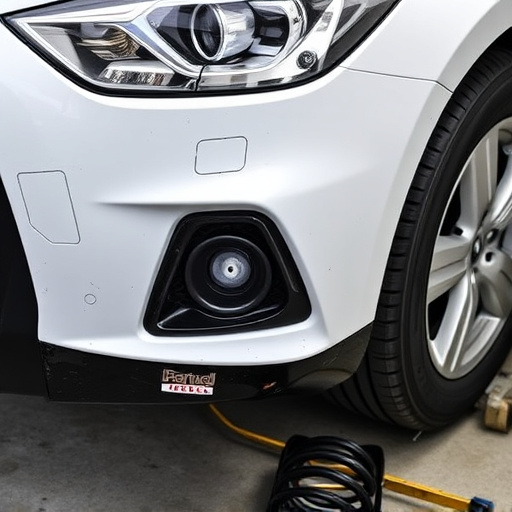
The results of repair performance testing can significantly influence a vehicle’s resale value. When an automotive body shop conducts thorough tests after completing repairs, it ensures that the vehicle meets or exceeds pre-accident conditions. This rigorous process reassures potential buyers that the car is in excellent condition, which, in turn, boosts its marketability and resale price.
Reputable body shop services that prioritize repair performance testing can help maintain the integrity of a vehicle’s structure and aesthetics. For instance, precise alignment during car dent repair ensures that the vehicle returns to its original state, minimizing any residual damage that could negatively impact its value. As such, buyers are more likely to view vehicles with documented, high-quality repair histories as sound investments.
Strategies to Optimize Both

Optimizing repair performance testing goes hand-in-hand with strategies to enhance resale value. Efficiently addressing damage, such as a vehicle dent repair or Mercedes Benz collision repair, through advanced techniques and well-trained technicians can significantly impact a car’s pre-sale appeal. Focusing on precision and quality during the repair process ensures that cars return to market with minimal evidence of their previous incidents, preserving their overall value.
Moreover, integrating regular auto maintenance into the equation plays a crucial role in long-term resale considerations. Proactive care, including routine inspections, oil changes, and other preventive measures, not only extends the lifespan of the vehicle but also signals potential buyers that the car has been well-cared for, further bolstering its market value.
Repair performance testing plays a pivotal role in determining a vehicle’s resale value. By assessing how well repairs hold up over time, car owners and resellers can make informed decisions, ensuring optimal market positioning. Implementing strategies that optimize both repair quality and efficiency is crucial for maintaining a strong second-hand market presence. Thus, integrating robust repair performance testing practices into your vehicle management strategy is a key step towards maximizing resale value and customer satisfaction.

